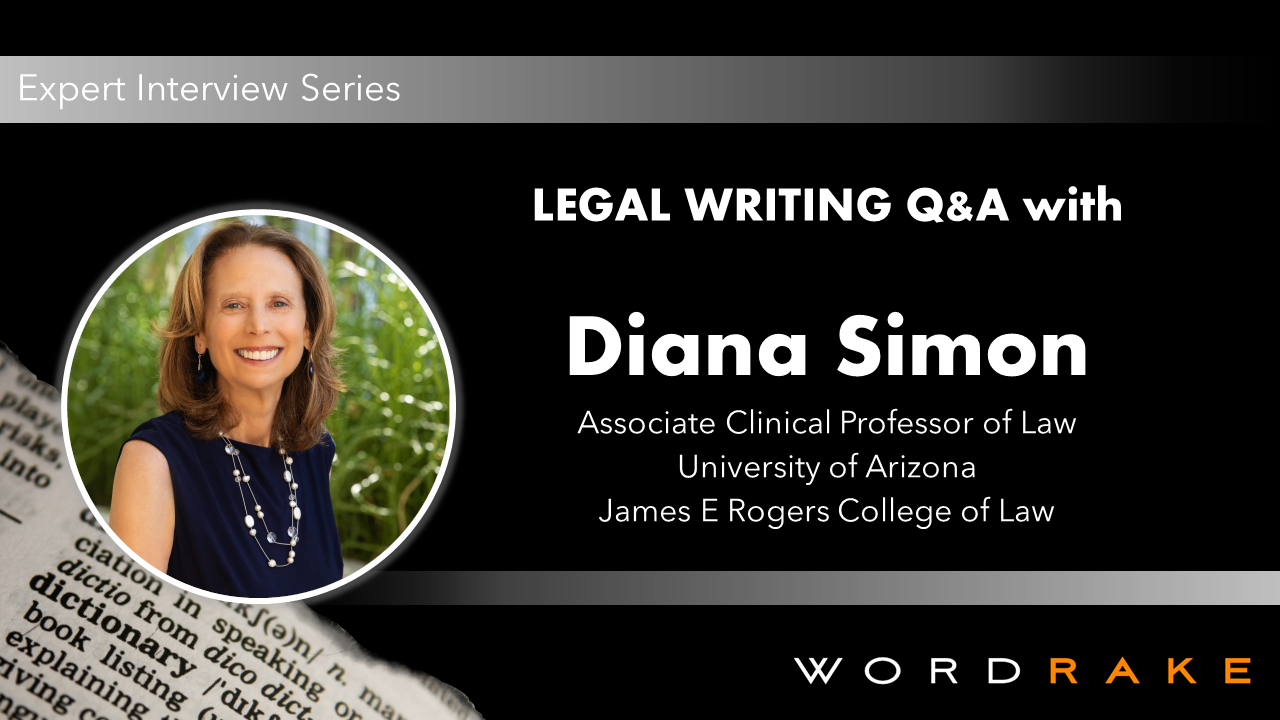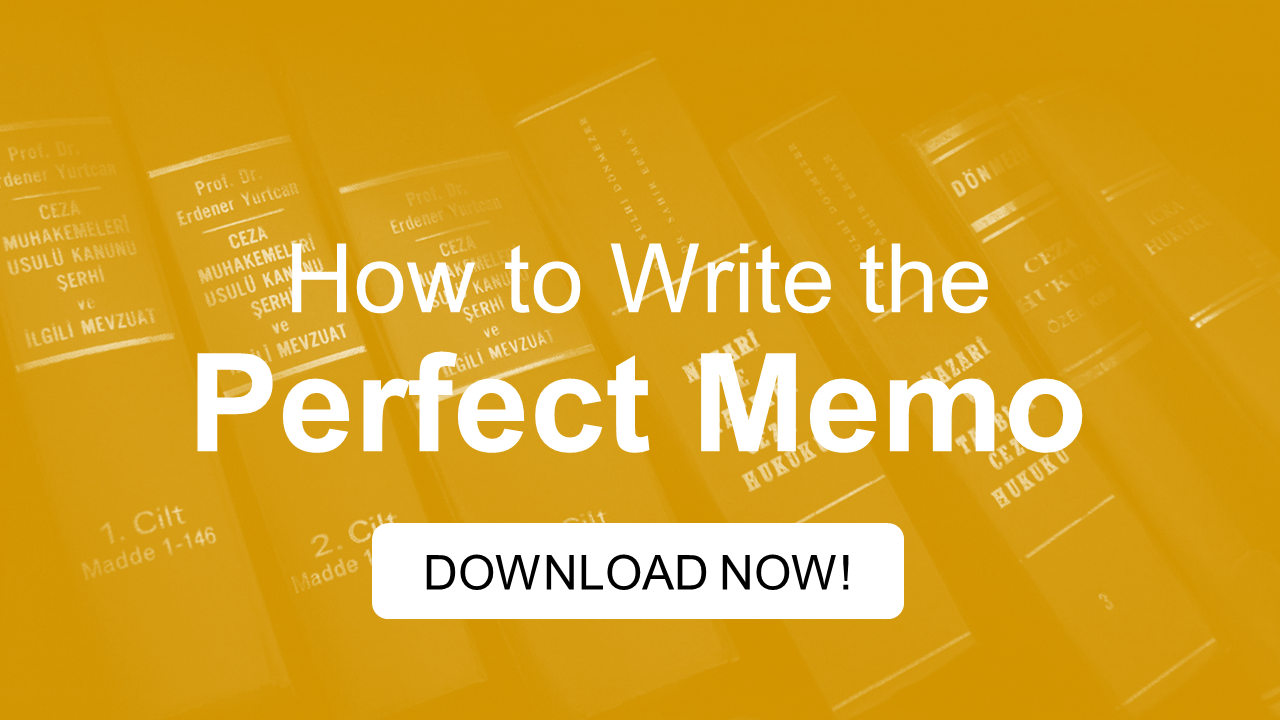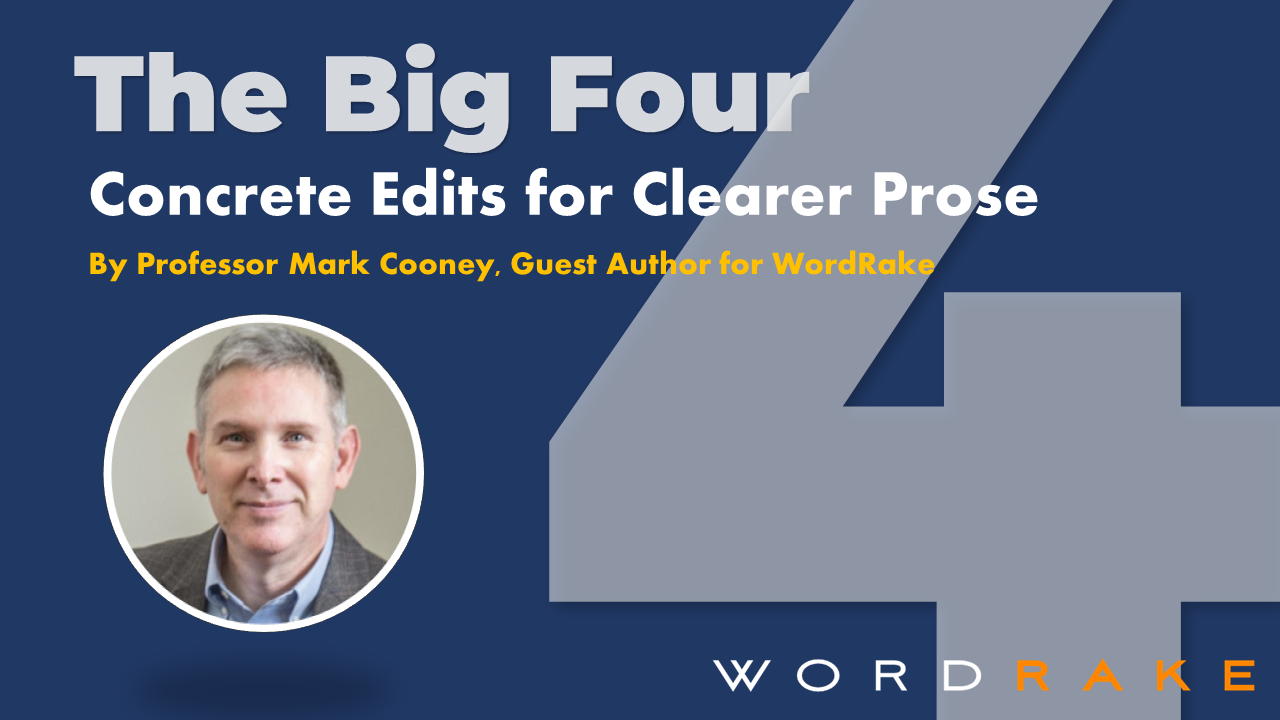Why teach legal writing? How is it different from every other kind of writing you do? Professor Diana Simon has been a litigator and a legal writing professor, and she knows from both sides how important and specialized good legal writing is. She took the time to talk to us about how to hone your legal writing craft.
What is your role and how did you get to where you are today?
I am currently an associate clinical professor of law, but my journey to get here involved some detours. Growing up with a father who was a criminal defense lawyer and a mother who taught English and journalism, it seemed inevitable that I would eventually tread their paths. I practiced law for 24 years and then began teaching after I retired. After a lengthy stint as an adjunct, five years ago I transitioned to being a full-time professor.
My legal career began in Washington, D.C., but I truly honed my craft in Beverly Hills, California, where I specialized in entertainment-related litigation (such as copyright, trademark, and contract disputes) and ascended to partnership within my firm. Although the demanding workload and relentless hours left little time for reflection, I now realize the privilege of collaborating with brilliant minds in such captivating realms. Those years not only sharpened my legal acumen but also enriched my persuasive writing abilities—a set of skills I cultivated through years of practice and getting constructive feedback.
After I became a partner, I relocated from the glitz of Los Angeles to the tranquility of Tucson, which necessitated a shift away from entertainment law. Nonetheless, I found solace in the camaraderie of a smaller, more congenial legal community. It was against this backdrop that I began my foray into academia, teaching pretrial litigation as an adjunct. The experience kindled my desire to teach law students on a more permanent basis, a dream I ultimately achieved in 2019 when our legal writing program changed from an adjunct to a full-time teaching program.
Then, two years ago, I went beyond writing briefs to writing books, publishing two legal writing books in a little over two years (one with co-author Mark Cooney). They are listed below.
Diana J. Simon, The (Not Too Serious) Grammar, Punctuation, and Style Guide to Legal Writing (2022).
Why is good writing important to being a good lawyer?
Writing is the most important skill for lawyers because lawyers are basically professional writers. I think a lot of people have the impression that lawyers just write motions or briefs when in reality lawyers write to communicate directly with clients, opposing counsel, and witnesses; they write a large variety of formal documents, such as demand letters, settlement position statements, opinion letters, and more; and they write internal memos, strategy documents, research summaries, etc. Whether lawyers are trying to get clients to settle cases or convincing opposing lawyers to cough up discovery, their writing must be clear, concise, and persuasive. Further, unlike some other occupations, lawyers are bound by a code of ethics, which means they must act competently, diligently, and ethically in everything they do.
In fact, if lawyers do not write well, there can be severe repercussions. Poor writing can result in complaints being dismissed; lawyers can even be professionally sanctioned for filing documents that fall below ethical standards. The book I recently wrote with Mark Cooney, The Case for Effective Writing: Opinions, Exercises, and Commentary, compiles cases that demonstrate why effective legal writing should not be an afterthought. The book shows that instead, failure to master these skills can have legal and professional consequences.
What is the biggest misconception the general public has about legal writing?
I have heard two misconceptions about legal writing. The first misconception, which I mostly hear from non-lawyers, is that no one should need to learn legal writing. I remember having dinner with an investment banker who, when I mentioned I taught legal writing, said “What is there to teach? Everyone knows how to write.” I was shocked that such an intelligent woman did not understand that legal writing is its own complex and specialized skill set, with its own rules, strategies, tactics, and norms.
The second misconception I frequently hear from my students entering law school with no prior legal writing experience. Students new to legal writing often mistakenly assume that effective legal writing means using legalese, big words, and long, convoluted sentences. They load their assignments with words and phrases like “whereas,” “heretofore,” and “assuming arguendo,” thinking this stilted vocabulary is what makes writing persuasive and effective.
Why is it so hard to edit your own writing? Why is it important to do so?
Editing one's own legal writing is challenging for several reasons. First, familiarity breeds blindness; having authored the piece, the writer often becomes too close to the material to discern its flaws objectively. As lawyers, we fall in love with our words and cannot stand to cut any out, even though doing so is almost always possible and desirable.
Second, legal writing demands precision and meticulous attention to detail. Something as simple as a misplaced comma or a capitalization error can send a legal writing audience into a tailspin, but when you are trying to edit your work against a long checklist of possible errors or revisions, it is easy to overlook these other problems.
Third, legal writers often develop unique stylistic preferences or habits that can cloud their judgment during the self-editing process. For example, a legal writer might settle on the “perfect” metaphor or analogy but fail to realize that the metaphor will not resonate with their intended audience. Nonetheless, it is important to edit your own writing because only you as the writer are familiar with the analysis and the message you want to deliver to your audience. Because of the difficulties I’ve just listed, though, it is equally important to have others review your writing to gain a more objective viewpoint.
How can legal writers improve their ability to accept and incorporate editing feedback?
Based on my experiences getting feedback on my writing from supervisors and giving feedback to students, I have three tips that can help. First, it takes time and practice. Today, we are bombarded with messages telling us to “learn a new language in 30 days,” or “improve your energy and focus in 30 days,” so we assume we should be able to learn any new skill in a few weeks. I try to explain to students who are anxious to master legal writing in one semester that, just like mastering any other skill or talent at a high level, mastering legal writing takes time and practice.
Second, I think it is important for legal writers to understand that feedback is not personal; the person giving feedback and the person receiving it have the same goal—to make the writing clear. Finally, my law students are passionate about issues and causes, which is fabulous, but the one drawback is that sometimes these views can surface in their writing when the law isn’t about someone’s opinion but about precedent and how the facts of a case fit within that precedent. In other words, if students can understand that effective legal writing must serve the needs of the audience rather than reflecting the writer’s personal views, the students will have an easier time being open to constructive feedback, because the feedback is not about whether or not the reviewer agrees or disagrees with the writer’s personal stance.
Is writing something you need to have an innate talent or instinct for, or is it something you can learn to be good at?
In 30 years of teaching, I have rarely seen a student who was an excellent legal writer from the first piece of writing, although I have seen many students who are capable, clear, and concise writers who can then very quickly become effective legal writers. However, most students must learn legal writing over time, developing, applying, and practicing over many drafts and rounds of review. I’ve always been interested to witness how students from different backgrounds and majors can excel in legal writing in different ways. For example, I have observed that math and engineering majors are very comfortable with the structure of legal writing—the CREAC formula—conclusion, rule, rule explanation, rule application, conclusion. Having a “formula” is within their comfort zone. In contrast, students who majored in English or journalism sometimes feel stifled trying to fit their writing into this structure but then enjoy the more creative aspects of legal writing, like using storytelling techniques, devising themes, or employing literary devices. These are generalizations, of course, and there are exceptions, but this is what I have observed.
What would you say to senior lawyers who don’t coach young writers to develop their skills?
I would say this is a missed opportunity for those senior lawyers to be impactful mentors. I think when I was a partner supervising new associates, I was guilty of not always taking the time to edit the newer attorneys’ work or sit down to talk with them about their writing. In my head, I was always extremely busy and thought that it was easier just to do it myself rather than spend the time with an associate, who would then have to write several drafts before “getting it right.” I don’t think I am alone in feeling this way. But thankfully, that approach is changing in some law firms. Responding to the demands of inexperienced associates, I think law firms are doing a better job of training associates, and some have even hired legal writing consultants to help with that work.
Should writing be taught differently to lawyers depending on if they wish to become litigators or corporate lawyers?
I would say many of the same fundamental concepts apply, but when it comes to actually practicing, I think litigation and corporate law involve very different skills. For example, the ABCs of legal writing are accuracy, brevity, and clarity. All of those concepts apply equally to contract drafting, but when you are a litigator, you are dealing with a win/loss situation, whereas a transactional lawyer is working within a win/win situation. Further, while litigators are using their writing to persuade a court, contract drafters are trying to come to an agreement on terms and are not looking to persuade anyone in the same manner. Therefore, while we work on devices such as creating a theme or using metaphors or analogies when writing to a court, transactional lawyers are not interested in these items as much as they are in being precise and clear.
Also, the work product is different in these two areas. While transactional lawyers produce contracts, litigators produce briefs. I think students wanting to be transactional lawyers need practice drafting contracts; because we do not focus on contract drafting in our first-year writing class, those students should seek out additional writing classes specific to transactional practice.
In the age of AI, is good legal writing a valuable skill? What do you expect to change?
Yes, good legal writing is most definitely a valuable skill. We have seen how lawyers who blindly trust AI have already gotten themselves into trouble in court because they have not double-checked the work to make sure it is accurate. Lawyers must have a deep understanding of research, analysis, and writing to be equipped to evaluate the results generative AI spits out. Of course, technology will improve, but lawyers still need those foundational skills. Further, in my class, we have tested AI’s ability to check for grammar and punctuation mistakes, such as correcting passive voice or searching for comma splices.
Even with these fundamental skills, AI is not always accurate. However, I think AI does have an important role; it can help with providing the general overview of aspects of the law, and it can help organize your thoughts if you are stuck on how to organize an argument. As of now, I think our focus should be on teaching students how to prompt AI effectively and, through trial and error, learn what it does well and where it’s less effective.
About Diana J. Simon
Diana Simon is Associate Clinical Professor of Law at the University of Arizona where she currently teaches legal writing, analysis, persuasion, and advocacy. Diana has been teaching at the law school for over 20 years and has taught various classes to first, second, and third-year students. She brings with her over 23 years of experience as a practicing attorney and has worked in Washington, D.C., Los Angeles, and Tucson. During those years, she developed an expertise in entertainment-related litigation, including copyright and trademark, as well as other areas, including general contract litigation, insurance coverage, and employment law. Diana enjoys mentoring students and seeing them develop into successful professionals. She is a graduate of Washington University in St. Louis and Emory Law School, where she was Notes and Comments Editor of the Emory Law Journal. She also currently serves as Chair of the University-wide Ombuds Committee at the University of Arizona. You can find her on LinkedIn.
About the Legal Writing Series
WordRake founder Gary Kinder created the software to help legal writers edit for brevity and simplicity. In continued dedication to the most effective legal writing, this Series highlights the experience and advice of experts from professors to writing coaches to litigators. Looking to help boost your legal writing skills? Get a free 1-week trial of WordRake here.









